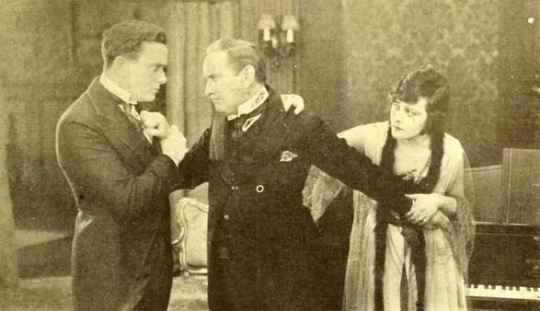Recently, the American Bar Association promulgated Formal Opinion number 475, which addresses the obligations of lawyers who, having agreed to a fee split with another lawyer, come into possession of the settlement funds from which the fee will be drawn. Of course, we know what the lawyer’s obligations are to the client, and to third-party lienholders, with respect to the funds.
But what about any obligations to the other lawyer – the one who, by agreement, has an interest in a portion of the total attorney’s fees?
This is an issue that has come to my attention several times in my career in ethics law: one lawyer complains that another hasn’t paid a referral fee, or hasn’t appropriately divided some other kind of fee derived from a settlement. When I was an ethics prosecutor, I thought that unless there was evidence that the non-paying lawyer had behaved dishonestly, I would not need to pursue a formal disciplinary proceeding against the non-paying lawyer.
Those thoughts seem to have been in accord with the Supreme Court’s later, somewhat broader holding in In re Karavidas, 2013 IL 115767. In that case, the Court held that disciplinary charges against lawyers must be tied to violations of Rules of Professional Conduct, most of which concern themselves with attorneys’ behavior within attorney-client relationships or otherwise in representations of clients. Can lawyers breach fiduciary duties, break promises, or commit other “civil wrongs”? Sure, but according to the Court, civil claims against the lawyers are the appropriate forum to resolve such things, not disciplinary proceedings. So post-Karavidas, Illinois lawyers who haven’t been paid a referral fee, or some other contractually bargained-for share of client funds, would look to civil courts, not the disciplinary system, for redress against the non-paying lawyer.
But Opinion no. 475 may provide the beginning of a different framework, one that brings wrongfully unpaid referral fees into the realm of rule violations that can be prosecuted by a disciplinary authority. The opinion begins by acknowledging that lawyers may divide fees with lawyers outside their firm under certain circumstances, pursuant to Rule 1.5; and that Rule 1.15(a) requires lawyers to “hold property of …third persons that is in a lawyer’s possession in connection with a representation separate from the lawyer’s own property.”
The opinion then confirms that for purposes of Rule 1.15(a), a lawyer is a “third person” whose funds must be segregated when they come into a lawyer’s possession. If a lawyer receives settlement funds that are comprised in part of fees due to multiple lawyers, that lawyer must hold those funds – the fees – separate from her own property. Illinois lawyers would normally use an IOLTA account to hold the funds, unless the client in the matter required or consented to the use of a separate non-IOLTA account. Not only that: Rule 1.15(d) also requires the lawyer receiving the funds to promptly notify the lawyer or lawyers who have interests in the funds, deliver their portions of the fees to them, and provide an accounting if requested. Or, if there is a dispute about the funds – who owes what to whom; whether and when to pay – Rule 1.15(e) requires that the lawyer who received the funds keep the property “separate…until the dispute is resolved,” and to “promptly distribute all portions of the property as to which the interests are not in
dispute.”
Under this framework, the Karavidas-inspired bottom line – sue the lawyer if the lawyer defaults on a contractual obligation, without reference to the lawyer’s ethical obligations – no longer applies to situations in which lawyers come into possession of fees or other funds in which lawyers have interests. The analysis in Opinion no. 475 removes such situations from the “civil wrong” category – which Karavidas declared off-limits to disciplinary prosecution, absent proof of dishonest conduct – and puts them squarely within the purview of the Rules of Professional Conduct. As such, Illinois lawyers should take care to observe the requirements of Rules 1.5 and 1.15 when handling funds in which other lawyers claim interests, segregating and promptly distributing those funds unless there is a dispute over them.
As noted in a previous post, a particular risk to Illinois lawyers is that a formal disciplinary proceeding charging violations of Rule 1.15 is likely to incorporate a charge that the lawyer engaged in dishonest conduct by means of the same conduct that allegedly violated Rule 1.15. The trend described in my previous post continues: by my unofficial count, in 2016, approximately 81% of the formal complaints filed by the Administrator of the ARDC contained charges of dishonesty, with nearly 40% of that 81% containing charges of mishandling funds dishonestly. The complaints tend to allege that the lawyers involved acted dishonestly by knowingly “misappropriating the funds of another,” or language to that effect. The Administrator has infrequently filed complaints alleging “conversion” (i.e. misappropriation of funds) without alleging that the respondent-attorney acted dishonestly: 3 in 2014, 3 in 2015, and none in 2016.
I make no comment on whether dishonesty charges are appropriately coupled with conversion charges in any given case, or in general. Illinois attorneys should note, though, the statistical incidence of those charges.

